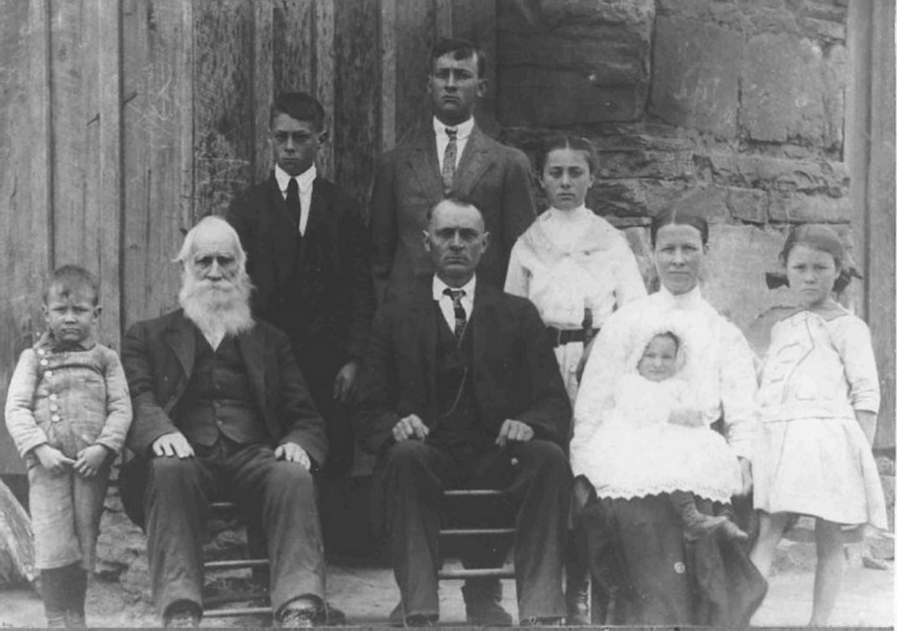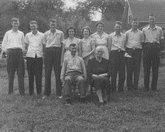|
Slavery affected every family that lived in what is now Transylvania County,
North Carolina prior to emancipation. And since our present lives are built on the events of the
lives before us, the realities of slavery in our region continue to effect us. It is an aspect of
our history that can never be erased and will never be forgotten.
Slave research is important for both the descendants of the slaves themselves as well as the
families of the owners. Large plantations could have a slave population larger than the current
population of our town of Rosman. More common in our region, the one or two slaves in a household
actually lived within the single home. Whatever the situation, its existence created relationships
between families and individuals that influenced their day-to-day lives. Sometimes these
relationships were extremely harsh as demonstrated by neck irons in the estate of some owners.
Sometimes they were far more caring and included provisions for the lifetime care of slaves. And,
yes, on occasion these relationships created genetic ties between the families.
Documentation on slaves and free colored persons before 1866 is rather sketchy. Having a legal
status somewhere between a man's milk cow and his wife didn't leave much reason to give personal
information such as names on records such as census reports. In contrast, slaves were given more
attention that white household members in the tax records. Their descendants can prove to the
dollar that their ancestors were playing a valuable role in the community. Something you can't
always assume for other folks. But like it or not, too often we are left with numbers instead of
names.
An additional factor complicating slave research in present day Transylvania County is that the
county was not formed until 1861. During the Civil War, some records continued to be maintained in
the parent counties of Jackson and Henderson. As a result, the majority of slave records are
located outside of Transylvania County.
Part of the purpose of this research kit is to help identify these individuals with names and
provide their descendants with useful research resources. But it is also designed to help learn
about all ancestors involved and to reunite families and communities who share this past. Only this
time, relationships will be based on friendship and community and some occasional really good
eating.
Caution - As our understanding of complex racial mixing improves we continue to recognize that a
person's racial ancestry usually cannot be fully accounted for with a single letter or
classification. The documents used to designate race often reflect more of a person's legal status
than the majority of an individual's ancestors. Slaves could have any combination of African,
Caucasian or American Indian ancestry - and usually did.
- Linda Hoxit Raxter, originally posted 01 FEB 2003
|






